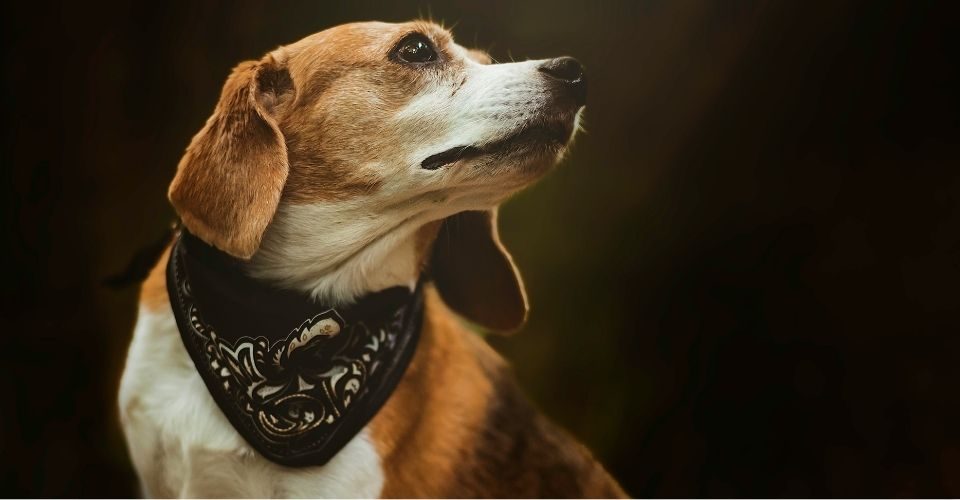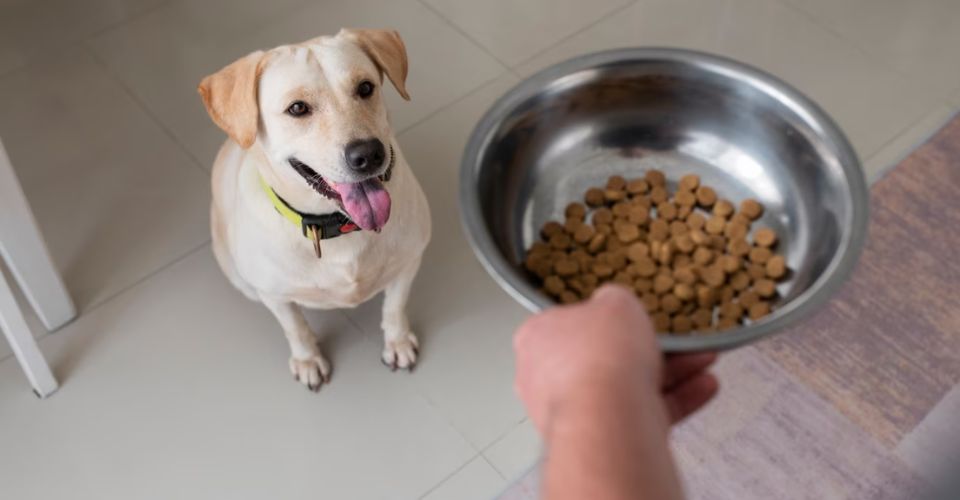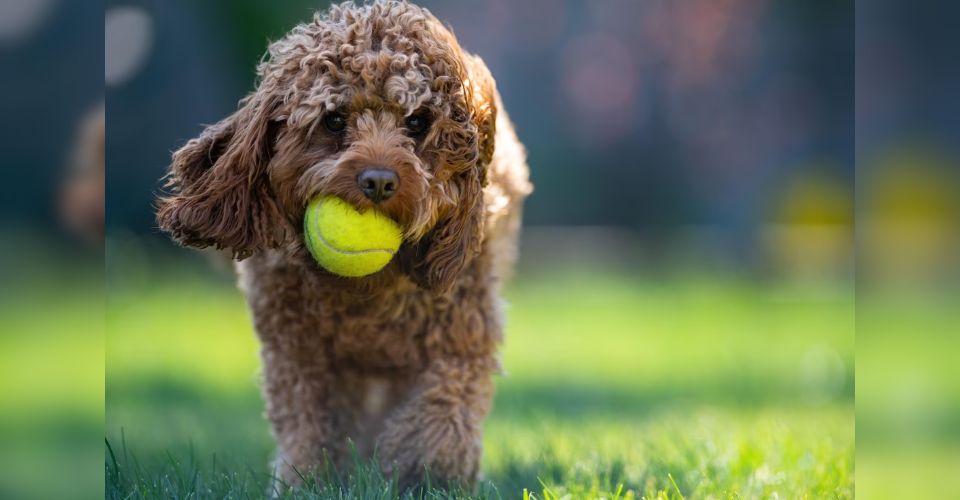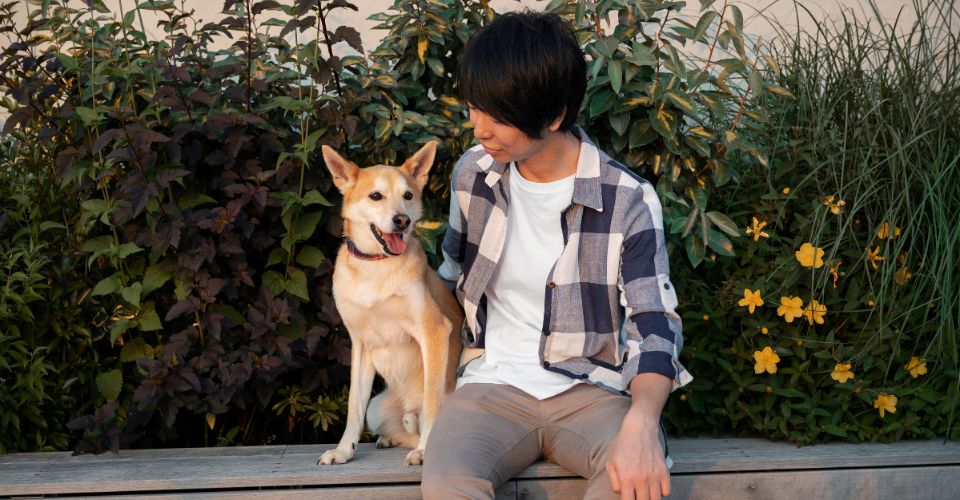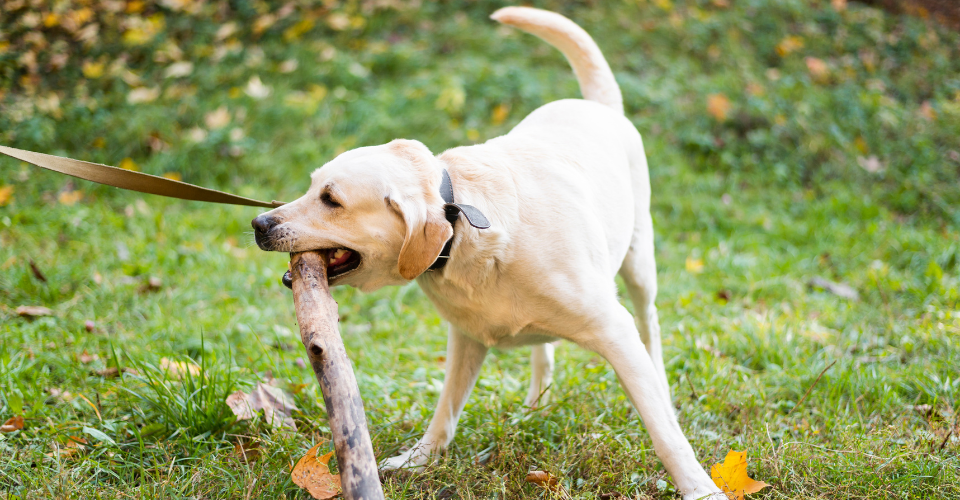Dogs are indeed fun to be around. Whether you’re having a perfect day or a not-so-good day, a sight of your pet dog will surely lift your spirit. They are ecstatic and joyful creatures, always in the mood. But what if your dog abruptly starts panting at night? Is this a red light that you should worry about your dog’s health? Or is it normal?
Panting at night may disturb a dog’s sleep pattern and sleepless nights imply that something is wrong with your dog. From minor and serious underlying reasons to the symptoms, below, we discuss everything you need to know about your dog panting at night.
Why Is My Dog Panting at Night?
A stroll in the park on Sunday evening or a morning exercise can pretty much be the reason for human panting, but have you ever noticed your dog panting at night for no reason? The situation may lead you to think that your dog is hungry or may be suffering from anxiety, but it may suggest that something is serious and asks for your attention immediately.
Several reasons can be the cause of your dog’s panting at night. In most cases, the dog’s panting is normal and not at all alarming. Dogs tend to pant when they are excited or hot due to the weather. However, if your dog shows abnormal panting or frequent shaking conditions, then you need to take your dog to a veterinarian.
Let’s discuss the common factors that need your immediate attention.
Cooling Down
Dogs do not have actual sweat glands on their body. They are covered in thick fur, so they sweat through their paws and nose with the help of Merocrine glands. However, their mouth also plays a vital role in helping them cool down. Due to the hot weather and thick fur, their body becomes extremely hot in summers, so dogs stick their tongue out to pant that helps them cool and regulate their body temperature.
Stress/Anxiety
Dogs cannot express their emotions like humans, yet they still feel fear, anxiety, or stress. It can be for any reason, for example, a new neighborhood, a new owner, strangers, past trauma, or even any loud music that can boost up stress in dogs. When they are scared or anxious, dogs tend to yawn or pant to calm themselves down.
Dogs, the most loyal pets, usually avoid being around new people or new surroundings. They become overly attached to their owners and live with them as their family members. They show destructive behavior when separated from their owners. Separation anxiety is another big factor that causes panting in dogs. If you are home and your dog still pants, you can rule out separation anxiety as the probable cause. It could be something else that has caused him anxiety or stress.
Getting Older
When dogs get older, they become prone to many natural diseases such as heart disease and obesity. Also, as aging dogs cannot run as fast as they once used to, so a little walk or exercise may cause them to pant more. This change of behavior in dogs is natural and not at all alarming.
An Indicator for Other Diseases
Abnormal panting of dogs at night may also indicate other diseases such as respiratory issues, allergic reactions, heatstroke, Cushing’s disease, pain in any body part or obesity, etc.
We enumerate a few below. Note that the information contained here is for educational purpose and should not be taken as a substitute for the vet’s opinion.
Heart Disease
Heart disease may also result in panting or coughing. When the heart fails to pump the blood adequately, the tissues of the body become deprived of oxygen. As a result, the dog breathes faster to inhale oxygen which causes excessive panting.
Allergic Reactions
Some dogs are allergic to different kinds of grass or flowers. It may be possible that you are unaware of your pet’s allergy, but having a proper examination by a pet veterinarian may help you to find your pet’s allergies and treat them in time.
Internal Injury
Your dog may be suffering from any internal injury that cannot be observed from the outside but can cause immense pain to your pet. An occasional check-up by a vet would help find any internal injury or past trauma that may be hurting your dog and can be treated at the right time.
Cushing’s Disease
Cushing’s diseases in dogs can be a severe threat to your dog’s health. It happens when the adrenal gland overproduces cortisol in your pet’s body. The cortisol hormone responds to stress, control weight, fight infections, and enhances the brain’s use of glucose. The high amount of cortisol can cause kidney failure and diabetes, to name a few, in dogs that can be life-threatening.
Obesity
Obesity can be as dangerous in dogs as in humans. The abnormal weight gain leads to many other diseases, such as heart disease, arthritis, and so on. It also causes excessive panting in dogs.
Heatstroke
Heatstroke is a very common reason for dogs’ panting in hot weather. However, it is a medical emergency as it endangers the life of your dog. Other symptoms of heatstroke may include glassy eyes, diarrhea, vomiting, seizures, and an increase in his heart rate.
When Panting is Abnormal?
Dogs pant when excited or energized. Panting allows the evaporation of water through the tongue and mouth as dogs lack sweat glands on their thickly covered fur body. They pant to regulate their body temperature, and there is nothing to worry about. However, an abnormal pattern of breathing may require your attention. It may result in sleepless nights that cause aggressiveness and frustration in your pet.
If the following points are observed in your dog, then you need to make an urgent appointment with your pet’s doctor.
- Abnormal breathing pattern as compared to normal breathing pattern
- Constant and intense panting
- Blue or purple tongue or gums—it indicates that your dog is not getting enough oxygen
- When the temperature is not warm yet your dog pants, it may be a serious issue (dogs pant more in summertime)
How Do You Stop Your Dog From Panting at Night?
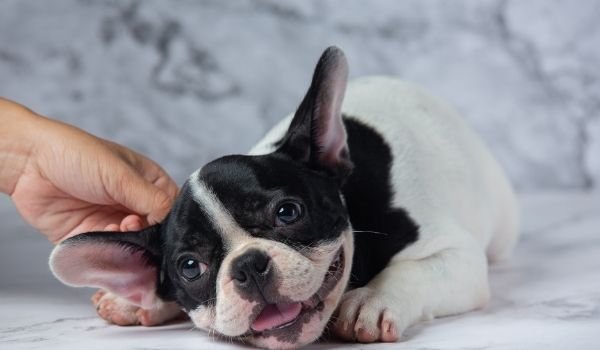
Dogs pant! It is a natural process to cool down their bodies, and there is nothing to worry about. However, they cannot tell you their problems, so you should be their ears and eyes to interpret their behavior, and tell when there is something wrong.
Your pet always needs your care and love. The ignorance of their owner may also make your pet anxious and scared, which leads to unstable nerves and excess panting. Dog panting can be treated by taking several measures:
- Move your dog to a cool environment in summers
- Always place a bowl of water near your dog
- Try to find what causes stress in your pets, and subsequently avoid situations that scare them or create anxiety in them
- Create a friendly environment for them
- Give your pet a healthy and nutritional meal to meet the daily needs of nutrition.
- Spend time with your pet to reduce separation anxiety
- Take a monthly check-up from the vet clinic to rule out—or treat—any internal injury
- Create the surroundings where your dog feels safe
Final Words
Dog’s panting is normal, and you do not need to worry unless your dog shows an abnormal pattern of breathing. The normal breathing rate of a healthy dog is 15 to 35 breathes per minute while at rest. If the breathing rate is greater than 40 at rest, it is not normal and needs urgent attention.
Sometimes, loud music, fireworks, strangers, or even over-excitement can cause anxiousness in your dog. But no one knows your pet more than you do! Try to relax them by playing some soothing music or gentle caresses over their heads. A good exercise is also necessary for dogs to blow off some steam.
Dogs pant when they are excited, energized, running, or playing. The common reasons are warm weather, anxiety, and aging. These causes are temporary, and if your dog seems to consistently pant at night, then it is a medical emergency and requires a vet clinic visit as soon as possible for proper treatment.

